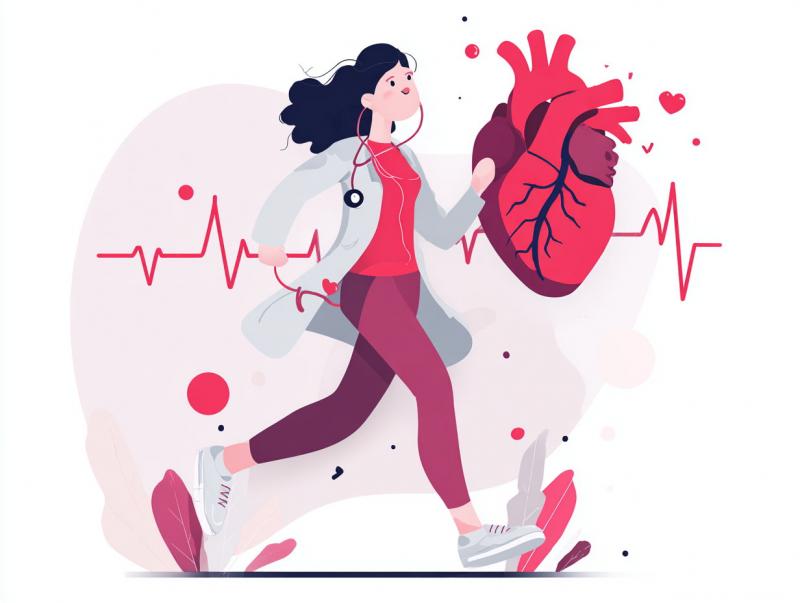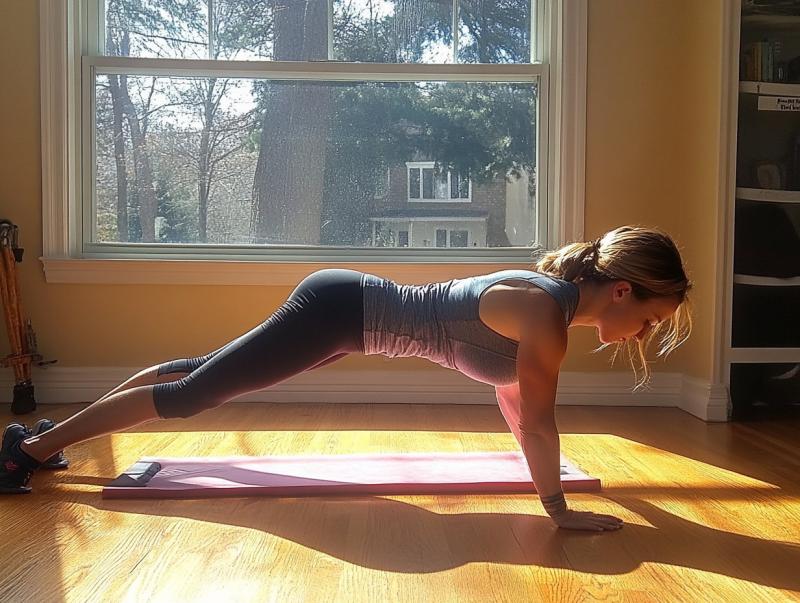Exercise benefits health in so many ways. It preserves muscle strength; keeps your heart strong; maintains a healthy body weight; and staves off chronic diseases such as diabetes.
But exercise has brain benefits too. Many studies have suggested that the parts of the brain that control thinking and memory are larger in volume in people who exercise than in people who don’t. One finding is that engaging in a program of regular exercise of moderate intensity over six months or a year is associated with an increase in the volume of selected brain regions.
Exercise can also boost memory and thinking indirectly by improving mood and sleep, and by reducing stress and anxiety. Problems in these areas frequently cause or contribute to cognitive impairment.
Which exercise is the best for the brain?
Is one exercise better than another in terms of brain health? We don’t know the answer to this question, because almost all of the research so far has looked at one form of exercise: walking. “But it’s likely that other forms of aerobic exercise that get your heart pumping might yield similar benefits,” explains Dr. Scott McGinnis, assistant professor of neurology at Harvard Medical School.
A study published in the Journal of the American Geriatrics Society found that tai chi may enhance cognitive function in older adults, especially in executive function, which manages cognitive processes such as planning, working memory, attention, problem solving, and verbal reasoning. That may be because tai chi, a martial art that involves slow, focused movements, requires learning and memorizing new skills and movement patterns.
How to maximize the brain benefits of exercise
Dr. McGinnis recommends establishing exercise as a habit, almost like taking a prescription medication. Aim for a goal of exercising at a moderate intensity — such as brisk walking — for 150 minutes per week. Start with a few minutes a day and increase the amount by five or 10 minutes every week until you reach your goal.
And since several studies have shown that it takes about six months to start reaping the cognitive benefits of exercise, he reminds you to be patient as you look for the first results — and to continue exercising for life.



